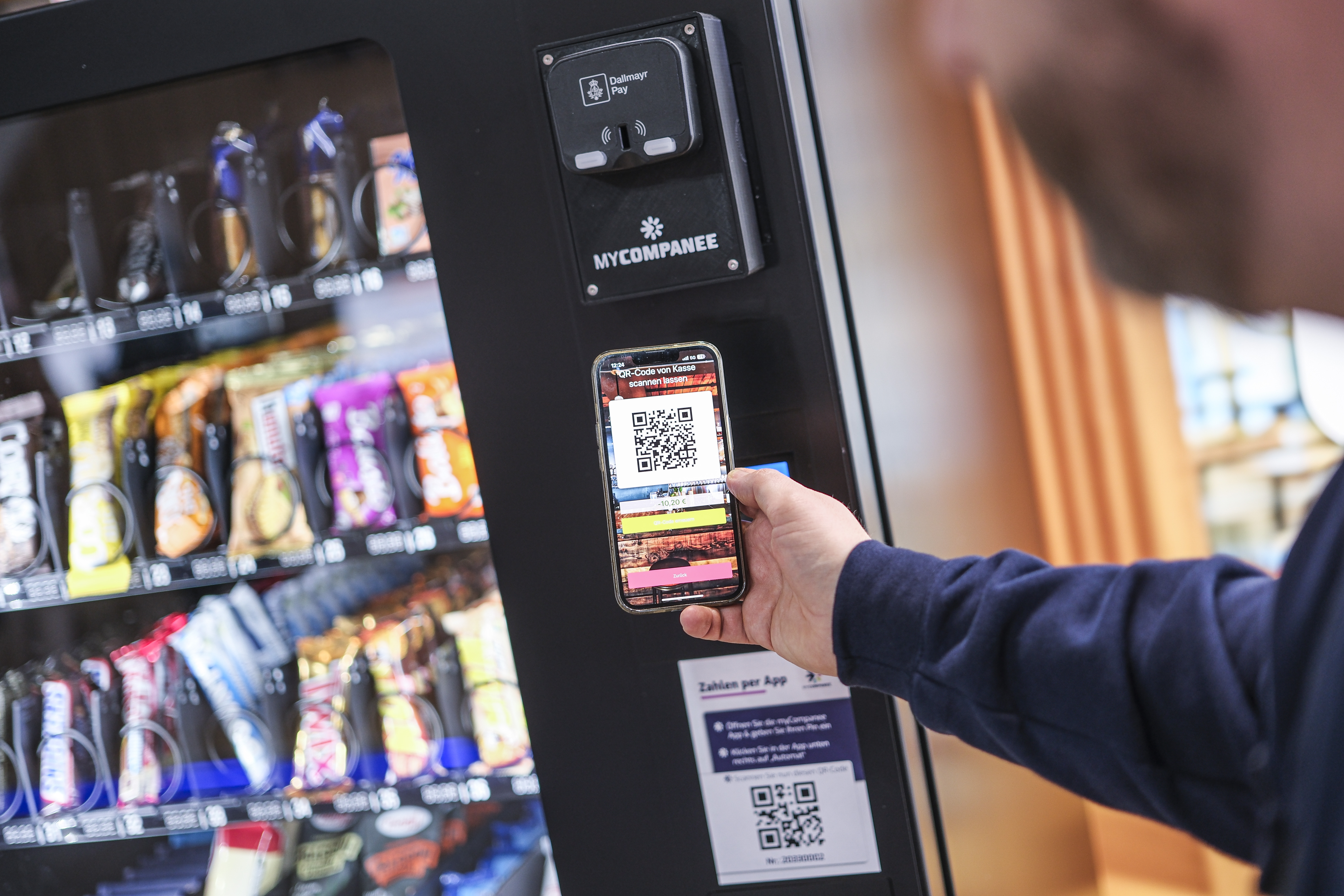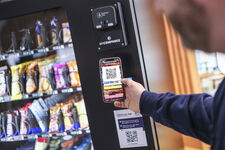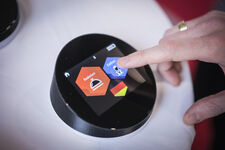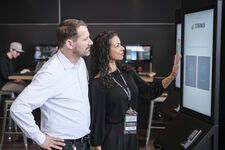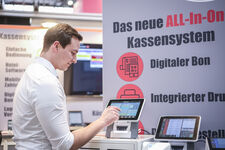News
From the kitchen brigade to the Cloud brigade: Digitalisation, AI and robotics as future models in gastronomy
Digitalisation in gastronomy: status quo with room for improvement
The gastronomy industry in Europe is defying uncertainty. According to the latest market survey conducted by Circana (May 2025), consumer expenditure rose in the first quarter of 2025 by 1% despite lower guest numbers. One driver: digital touch points, for example Click&Collect and digital ordering and supply channels, which now account for 7% of all gastronomy events – with a 7% increase.
Edurne Uranga, VP Foodservice EMEA at Circana, emphasises: "Although competition is increasing, that is precisely the reason why there are also opportunities. Anyone using digital channels in a clever way will survive in a demanding market environment." It is shown particularly in Germany: whereas visits dropped by 2% in 2024, the expenditure per visit rose by 5%. After the abatement of the VAT-related price shock, the market appears to have become stable in 2025 – with a clear tendency towards higher expenditure per event.
Comments from practice: digitalisation is more than technology – it is a mindset
Johann Schmuck, the operator of the Mühle and Terra restaurants and a bar in Stainz, has long understood digitalisation – at least in administration: "Our entire booking process is digital – we also create credit notes online. That saves time, nerves and paper. We are also able to communicate everything directly via a newsletter – from an offer through to an invoice." However, Schmuck is critically optimistic in regard to AI: "In the kitchen? To date, AI has been used rather intermittently. Of course, it is extremely practical for texts or formulation aids. However, really intensive work with AI is still rare – this will become a huge topic." Tobias Bätz, Executive Chef in Posthotel Alexander Herrmann, also sees great potential that is still not being used: "We are craftsmen – and often lag behind in this respect. However, that is precisely the reason why digital processes are important. When things such as recipe and duty planning administration are automated, we have more scope for creativity." Bätz already uses AI – but purposely: "We utilise tools such as ChatGPT – as a sparring partner, not as a substitute for creativity. Because no tool can give you emotion in texts."
Kitchen robots and Cloud gastronomy: when innovation becomes reality
A radically digital counterpoint to traditional structures comes from Frankfurt: "Lady Umami", Germany's first fully autonomous ghost kitchen with a cooking robot, developed by F&B Heroes in cooperation with the technology partner GoodBytz. "Fully autonomous kitchens have actually arrived," says Tim Plasse, Managing Director of F&B Heroes. "With Lady Umami we created a concept which combines quality, scalability and cost-effectiveness." And the figures speak for themselves: a +33% operational margin compared with the industry average, top marks in Wolt (9.4/10) and high reorder rates. Robotic dining is becoming efficient reality here – and offers enormous opportunities for restaurant chains, hotel concepts and urban scalable kitchen solutions.
Between enthusiasm and gut instinct: what AI (still) cannot do
Despite all the advances, the industry remains human. Whether in communication between the kitchen and service personnel, when checking into a hotel or during direct contact with guests, facial expressions, gestures and emotion (still) cannot be automated. As Tobias Bätz emphasises: "Interpersonal relationships need a genuine encounter. When we automate processes, personal aspects must not be lost."
Conclusion: digitalisation is a tool, not a substitute
Whether AI tools, robotised kitchens or digital reservation systems, the future of gastronomy lies in the balance between efficiency and emotion. Anyone managing to digitally control repetitive processes while also focusing on the human experience will both survive and shape the transformation.
The technologies are available. The figures speak for themselves. There is now a need for courage to use these technologies – as well as a gastronomic self-conception which does not regard innovation as a threat but rather as an opportunity.
Anyone wanting to know about the current situation in the industry – and the direction it will take in the future –, cannot afford to miss INTERGASTRA in Stuttgart from 7 to 11 February 2026. Innovation will meet practice at INTERGASTRA, and digitalisation will become a living reality.
_________________
Sources:
CREST® Consumer Panels from Circana, Statista.com, F&B Heroes, www.fbheroes.de
zurück zur Übersicht